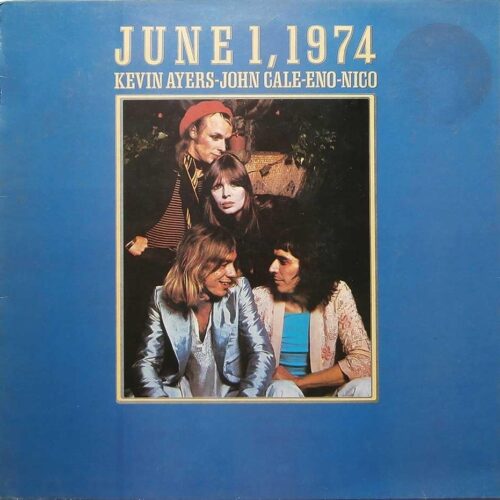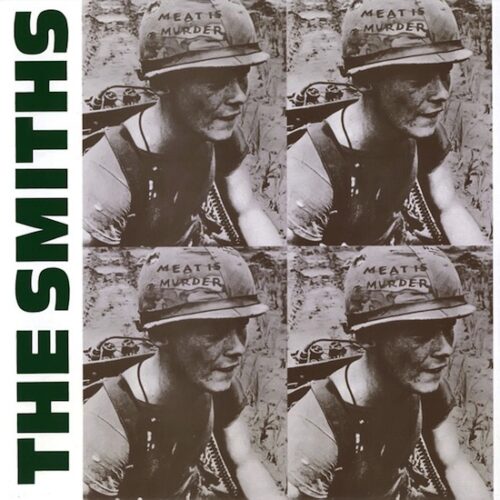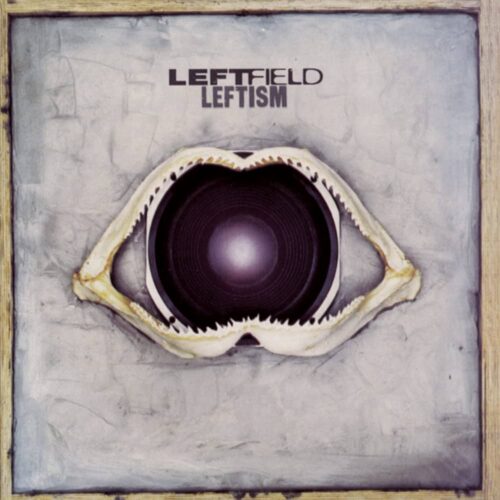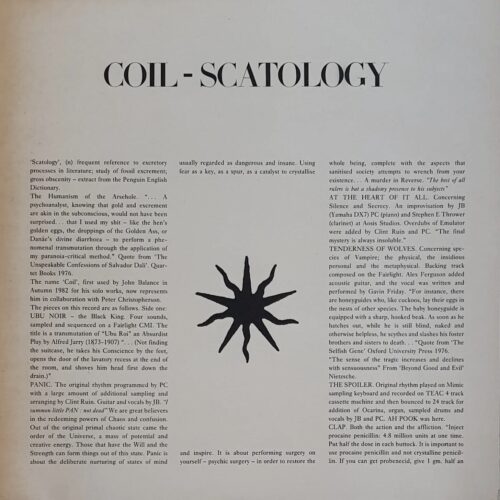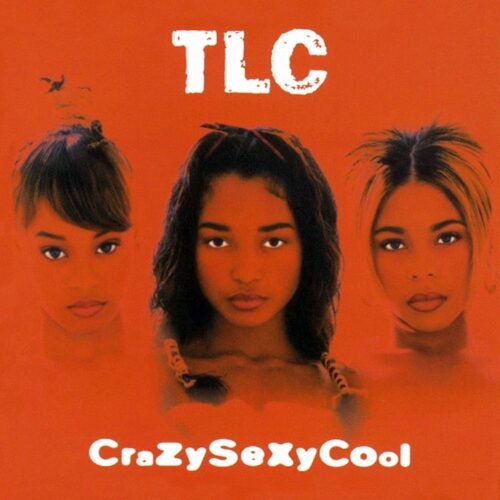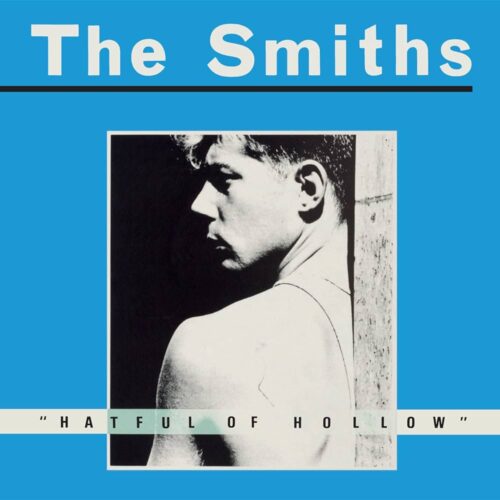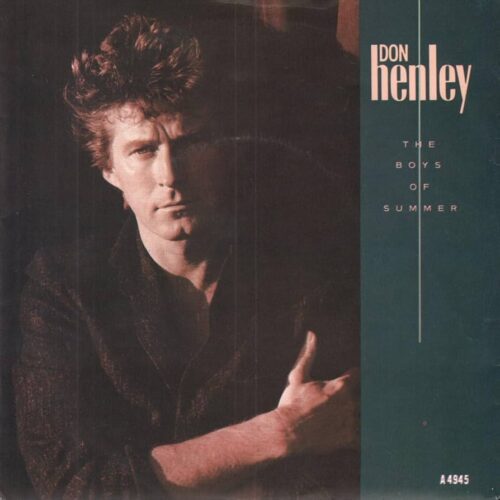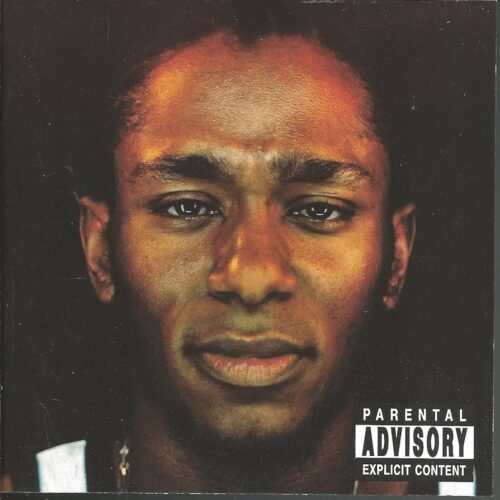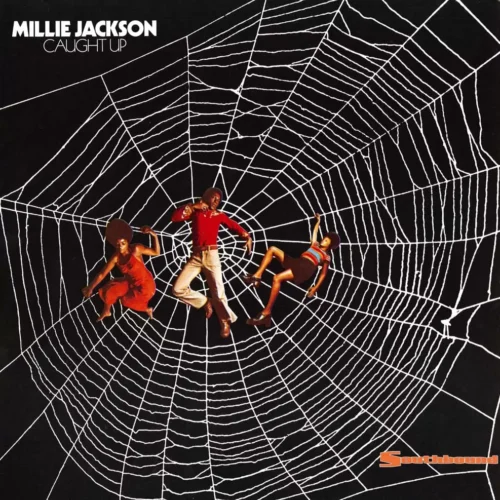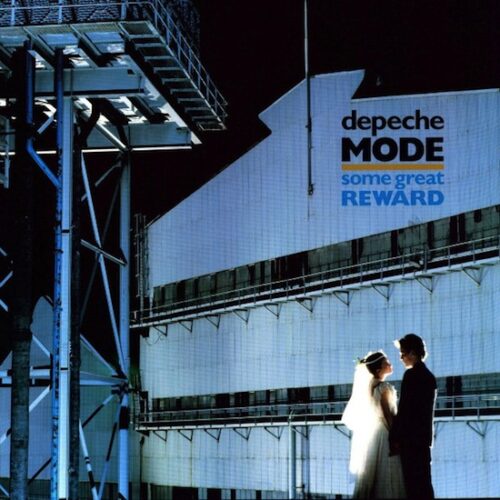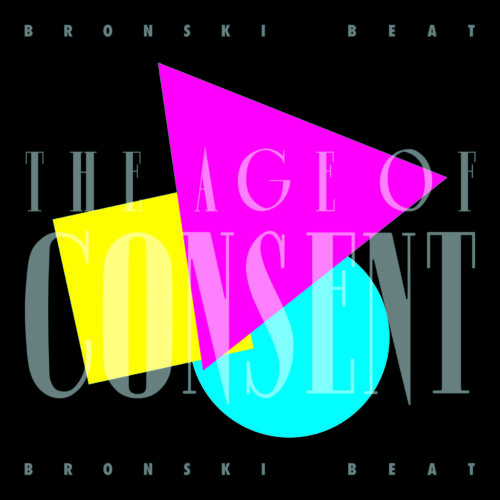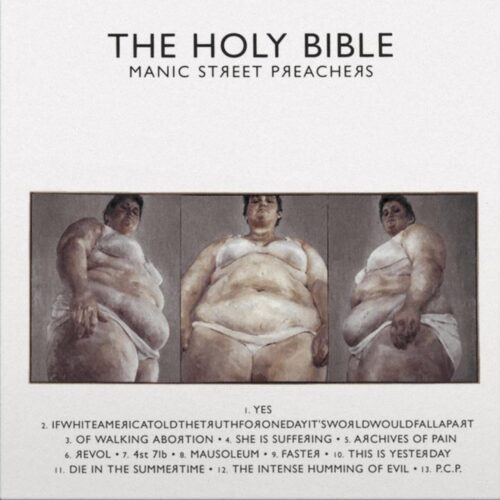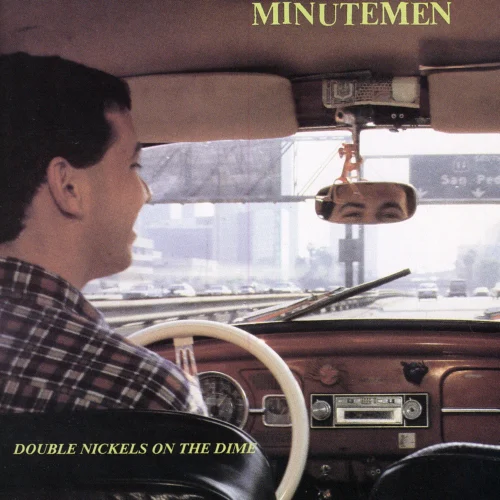


Anniversary
Spotlighting the impact of cultural landmarks
A Retreat Into Silence: Slowdive’s Pygmalion At 30
Ridiculed and written off, Slowdive produced a meditative post rock masterpiece before quietly splitting up. Joe Banks reflects on why no one was listening at the time, and why we all need to listen now. This article was originally published in 2020
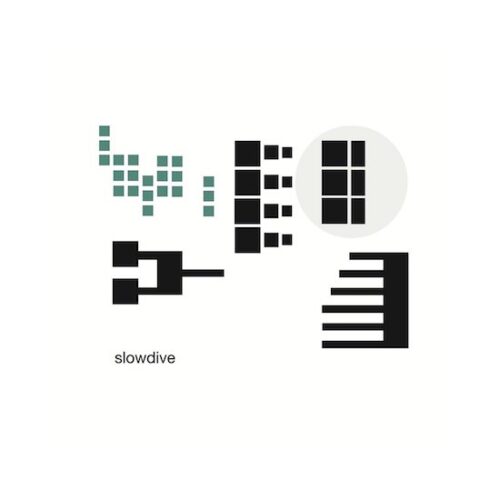
Music, Magic and Mystery: 25 Years of D’Angelo’s Voodoo
A quarter of a century ago, a constellation of stellar artists performed a kind of musical alchemy in a fabled New York studio. Voodoo has lost none of its allure and retains all of its impact 25 years on. How did they do this, a still dumbfounded Angus Batey asks
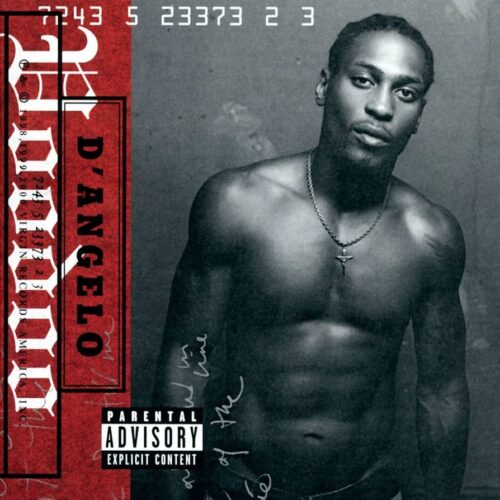
The Enduring Influence of John Fahey’s Transfiguration of Blind Joe Death, 60 Years On
As The Transfiguration Of Blind Joe Death turns 60, Will Snelling explores how the record's combination of bare-bones intimacy and haunting atmosphere, post modern edge and inherent tension loom large over myriad artists today
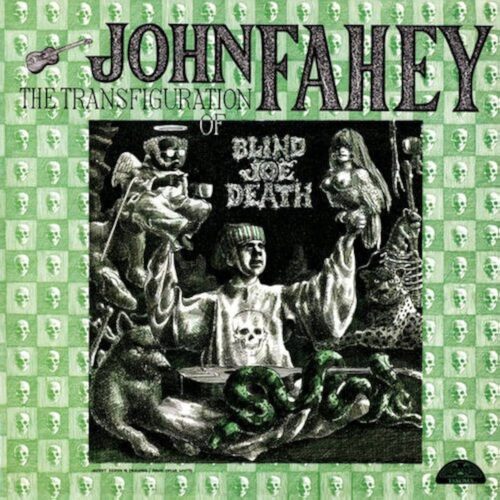
Transcendental Cheap Magic: Wham!’s ‘Last Christmas’ At 40
On 3 December 1984, Wham! released a Christmas single that over the years would lose none of its power despite becoming a sonic monolith of the festive season. Ian Wade reflects on how the song has haunted his life, and the strange melancholy of a Christmas pop death.

Let Me Rock You: Chaka Khan’s ‘I Feel For You’ at 40
40 years after it stormed to the UK number one, Wrongtom charts the history of ‘I Feel For You’, from an overlooked Prince album track to Chaka Khan’s smash hit, via Stevie Wonder, Patrice Rushen, glitching tape machines, the death of Sugar Hill Records and more
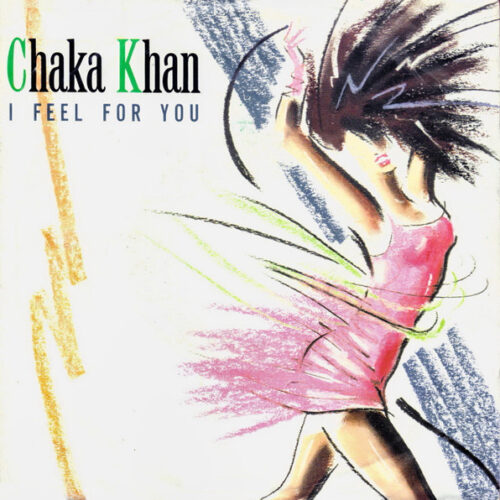
Welcome To The Pleasuredome: Frankie Goes To Hollywood and the Queering of the 1980s
On the fortieth anniversary of Welcome To The Pleasuredome, Toby Manning explores how Frankie Goes To Hollywood's debut was the album that owned 1984, thanks to its ability to inhabit the liminal space between the queer margins and the straight mainstream
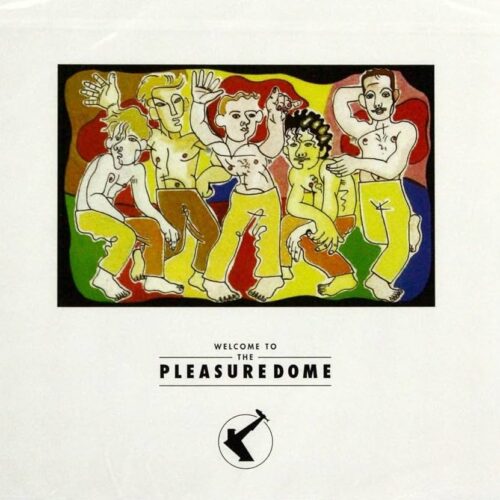
The Lonely Street: John Cale’s Island Trilogy, 50 Years On
50 years ago, John Cale found himself at Heartbreak Hotel, producing sweet and unhinged music from its rooms. Reassessing Fear, Slow Dazzle and Helen Of Troy, Darran Anderson explores the musician’s remarkable year-long burst of creativity for Island Records, half a century on
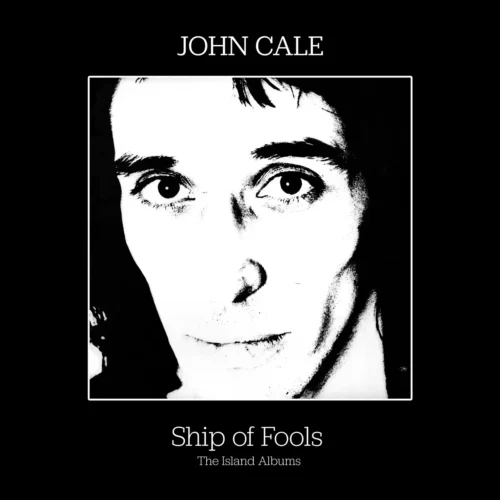
This Land is Death: Tobe Hooper’s Texas Chain Saw Massacre at 50
On the 50th anniversary of The Texas Chain Saw Massacre, Mat Colegate pushes back against the common consensus that its director Tobe Hooper spent the rest of his career merely failing to escape its shadow, and argues that he deserves just as much acclaim for the misunderstood filmography that was to follow

A World That’s Gone: Suede’s Dog Man Star 30 Years On
At odds with the world, with reality, with Britpop and with each other, Suede were in a terrible place as they wrote and recorded Dog Man Star. But, writes Matthew Lindsay, it's the album that would end up as their masterpiece. This feature was originally published in 2014
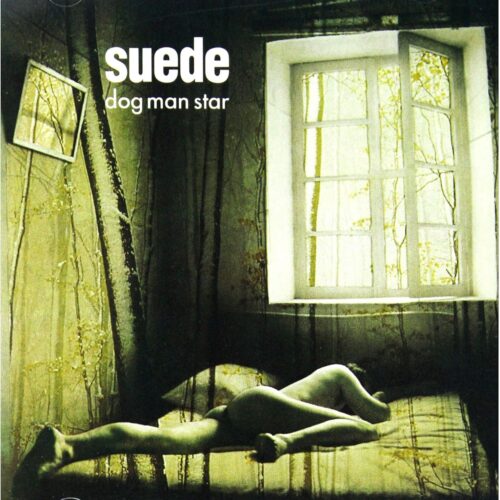
To Lose The Spark Along The Way: U2’s The Unforgettable Fire
Forty years on from its release – and with the band’s popularity in question more than ever – Wyndham Wallace returns to The Unforgettable Fire, U2’s incendiary denial of expectations and their first encounter with producers Brian Eno and Daniel Lanois. (This feature was originally published in 2014)

Blood Red Dues: King Crimson’s Red Turns 50
Recorded at King Crimson’s nadir, Red looked destined to be just another forgotten final album, its release playing second fiddle to Robert Fripp’s idiosyncratic “retirement”. 50 years later, its influence is immeasurable, the perfect distillation of what’s possible from a rock trio, says Jeremy Allen
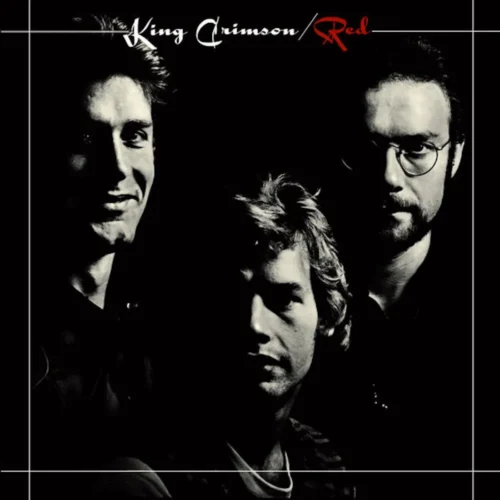
Separate The Game From The Truth: Notorious B.I.G.’s Ready To Die
On March 10, 1997, Angus Batey was due to interview Biggie Smalls, a conversation that never took place after the rapper was fatally shot a day earlier. Here, he takes an in-depth look at the "masterpiece" that was the debut album from the hip hop luminary. This feature was first published on 11 September 2014
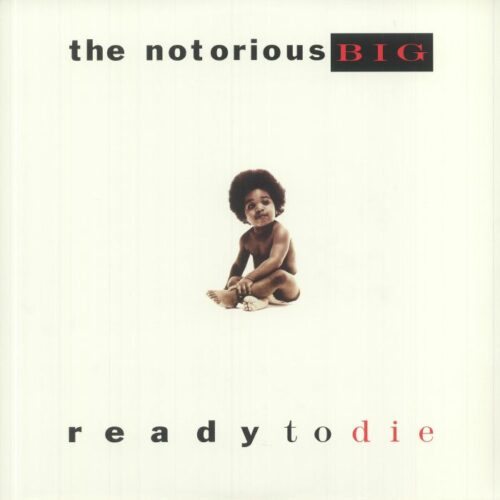
What We Do With What We Have: Björk’s Medúlla Turns 20
Medúlla is arguably the point at which Björk turned from creating pop to a journey into the radically obscure, but in reality it is one of the most fully realised examples of an artist pushing the boundaries of what pop music can be and do, writes Matthew Barton

Hitting It Sideways: Last Exit To Brooklyn at 60
Wayne Gooderham explores the influence of Hubert Selby Jr's transgressive masterpiece on popular music; and on the gender sensibilities of The Smiths, Van Morrison and The Velvet Underground in particular. CW: Some may find the language quoted in this article that describes LGBTQI people & sex workers outmoded or offensive

From The Darkest Chasms: Neil Young’s On The Beach Revisited
Forty-five years after it was first released, Joseph Burnett returns to Young's fifth solo record, an album that marked an angered transition from Harvest, bolstered by some of his bleakest and greatest moments. This feature was first published on 9 August 2014
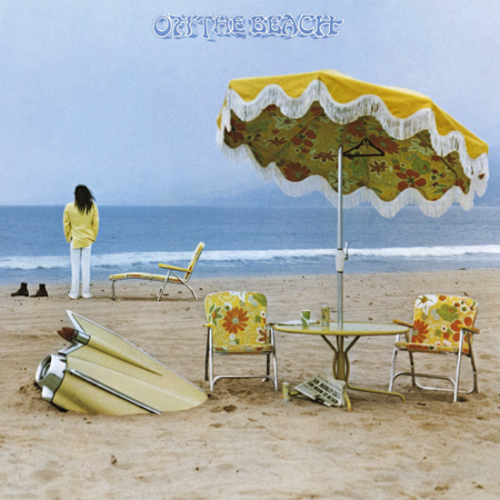
An Altamont for Rock Music’s Imperial Period: June 1, 1974 Half A Century On
The diaristic title of the Kevin Ayers, John Cale, Brian Eno and Nico's live record demands it be put into some kind of historical context. Michael Bellis looks at a highly unusual album released in a time of great cultural and social change
